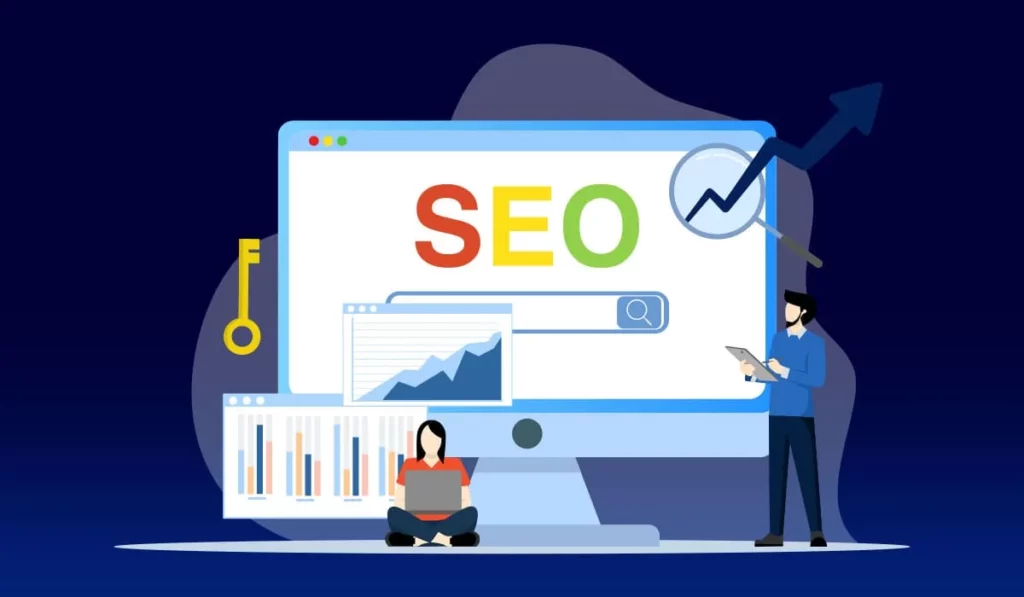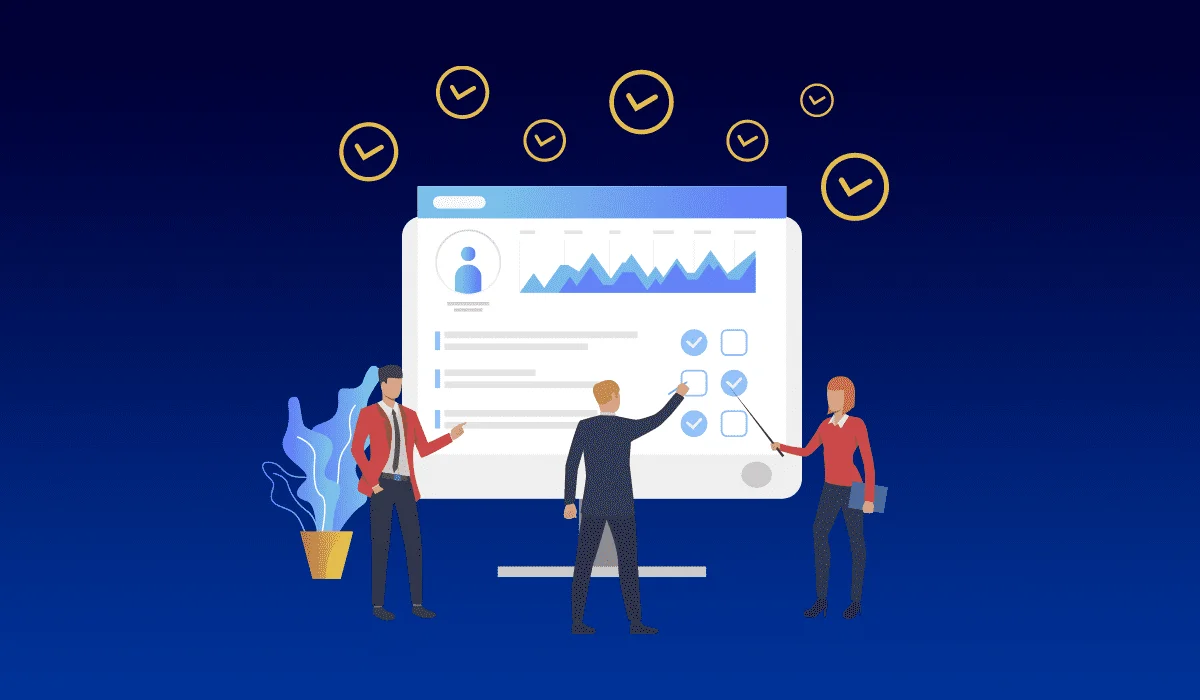The Ultimate Guide to On-Page SEO Optimization
Vineetha. RK11 Apr 2024
Have you ever wondered about the mysterious ways in which certain websites easily appear at the top of search engine results?
The answer lies in Search Engine Optimization (SEO), and it’s another important aspect called On-page SEO.
On-page SEO plays a crucial role in optimizing your website’s visibility on search engines.
It involves optimizing various elements of your web pages to improve search engine rankings and ultimately drive more organic traffic.
So, understanding and mastering on-page SEO is essential for enhancing your website’s visibility and attracting organic traffic.
In this on-page optimization guide, we will explore why on-page SEO is important, how to perform it, and key techniques to enhance your website’s visibility.

What’s Ahead
What Is On-Page SEO
On-page SEO refers to the practice of optimizing various elements directly on your web pages to enhance their visibility on search engine result pages (SERPs).
It involves communicating with search engines like Google regarding your content and its relevance to search queries.
This optimization process includes techniques such as optimizing content, meta tags, URLs, headers, and images and ensuring mobile responsiveness.
By focusing on on-page SEO, you can improve your website’s relevancy and authority, leading to higher search rankings and increased organic traffic.
Why Is On-Page SEO Important?
On-page SEO is essential for several reasons.
Firstly, it helps search engines understand the content of your website better, aligning it with relevant user queries.
By optimizing elements like meta tags, headers, and URLs, you increase the chances of search engines displaying your web pages in SERPs.
Secondly, it improves the overall user experience by enhancing page load times and mobile responsiveness.
Additionally, on-page SEO techniques contribute to higher click-through rates (CTRs), lower bounce rates, and longer user engagement.
Lastly, effective on-page SEO establishes your website’s credibility, building trust with both search engines and users.
Optimizing your page makes it easier for search engines to understand your content and determine if it’s the right answer for a user’s search.
This can significantly boost your website’s visibility, drive more qualified traffic, and ultimately lead to conversions.
How to Do On-Page SEO? On-Page SEO Techniques for Your Website
Getting your website noticed online can feel like a mystery.
But fear not!
Implementing on-page SEO requires a systematic approach.
You can follow these essential steps to ensure effective on-page optimization for your website:
Keyword Research
Before focusing on other things, conduct thorough keyword research to identify relevant keywords and phrases users might search for.
You can use Keyword research tools like Google Keyword Planner or SEMrush to find low-competition and high-search volume keywords.
Content Optimization
Make sure to create high-quality, refined, and informative content that targets your chosen keywords.
Your content should be clear, well-made, and helpful to your audience.
Optimize your content by integrating keywords naturally throughout the text, using keyword variations, and ensuring readability.
Remember to prioritize the value you provide to readers while keeping the content engaging and informative.
Meta Tags Optimization
Create attractive meta tags like title tags and meta descriptions that are both relevant and engaging.
Ensure that they accurately represent the content of the page, include target keywords, and encourage click-throughs from search engine users.
URL Structure
Create search engine-friendly URLs that are concise and descriptive.
Include primary keywords and avoid using unnecessary parameters or numbers.
Short, readable URLs provide a better user experience and improve search engine rankings.
Header Tags
Use header tags (H1, H2, H3, etc.) to structure and organize your content.
This helps search engines understand your content better and makes it easier to follow.
Remember to utilize the target keywords in your headers to enhance relevancy and readability.
Optimize URLs
When creating an internal and external link, remember to use relevant descriptive anchor text.
This helps search engines understand the context of the linked page and improves overall user experience.
Image Optimization
Optimize images by reducing file size, providing descriptive alt tags, and compressing images without sacrificing quality.
This improves page load times and ensures search engines can understand and index your visual content.
Add Internal Links
Incorporate internal links throughout your content to establish a hierarchical structure and help users navigate your website easily.
Internal linking also distributes authority and improves indexing.
Mobile Optimization
With the rising use of mobile devices, it is crucial to ensure your website is mobile-friendly.
Optimize your website’s design, layout, and functionality to provide an exceptional user experience across all devices.
Advanced On-Page SEO Tactics
To further enhance your on-page SEO efforts, consider implementing these advanced techniques:
Optimize for Page Speed
You can make your website load faster by making images smaller, reducing CSS and JavaScript files, and using browser caching.
A faster website makes it easier for people to use and helps your site show up better in search engines.
Target Featured Snippets
Find and Identify high-potential keywords that search engines often display as featured snippets.
Create content that specifically addresses these queries to increase the chances of appearing as a featured snippet and capturing valuable organic traffic.
Add Schema Markup
Don’t forget to implement schema markup on your web pages to provide additional context and information to search engines.
This structured data improves the display of your search results, leading to higher click-through rates.
Best Practices for On-Page Optimization
In addition to the techniques described above, following these best practices will help you maximize the effectiveness of your on-page SEO efforts:
Create High-Quality Content
Focus on delivering valuable, unique, and well-researched content that meets user intent. Engage your audience with in-depth analysis, expert insights, and engaging storytelling.
Monitor and Analyze Performance
On a regular basis, track and analyze your website’s performance using tools like Google Analytics and Search Console.
Monitor traffic, bounce rates, click-through rates, and keyword rankings to identify areas for improvement.
Stay Updated with Algorithm Changes
Stay informed about search engine algorithm updates to adapt your on-page SEO strategies accordingly.
Keep abreast of industry trends, best practices, and Google’s guidelines to maintain a competitive edge.
Regularly Audit and Update Content
Perform regular content audits to identify outdated or underperforming pages. Update and optimize them to align with evolving search engine requirements and user expectations.
Boost Your Website with On-page SEO
On-page SEO is a significant aspect of optimizing your website for better search engine rankings and increased organic traffic.
By following the techniques outlined in this comprehensive on-page optimization guide, you can improve the relevancy, authority, and user experience of your web pages.
Remember, high-quality content, performance monitoring, staying updated, and regular audits are key pillars of effective on-page SEO optimization.
Regularly check and improve your on-page SEO efforts to ensure long-term success in the competitive digital world.
Want to read more related topics? Here is the list:
- Why Image Optimization Matters for SEO
- Tips to Optimize Your Website to Be Mobile Friendly
- Tips to Optimize Your Website for Google Mobile-First Indexing
- URL Structure and Optimization
- Header Tags
- Internal Linking
Latest Post

5 Do’s and Don’ts When It Comes To SEO
 18 Sep 2023
Readmore
18 Sep 2023
Readmore
Want to learn more about the digital marketing service we provide?
Contact Us to Get Started!




